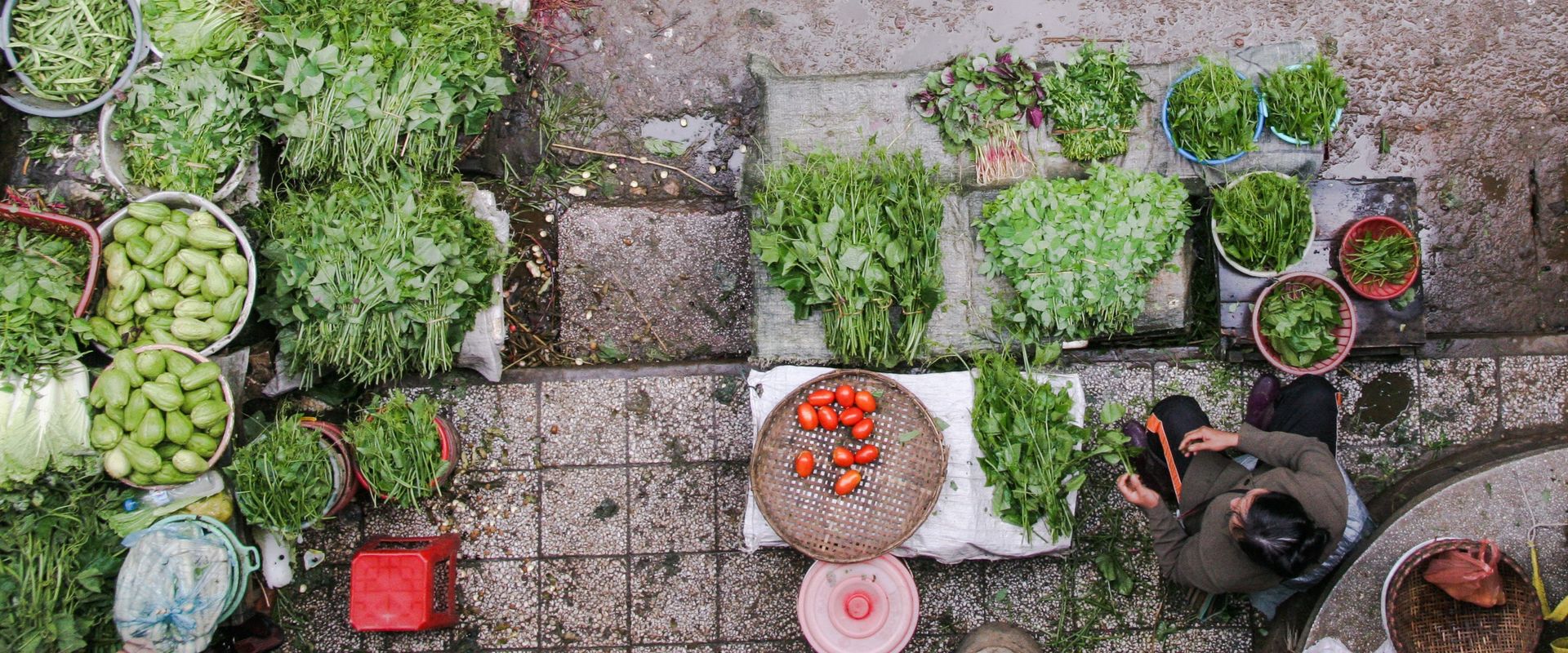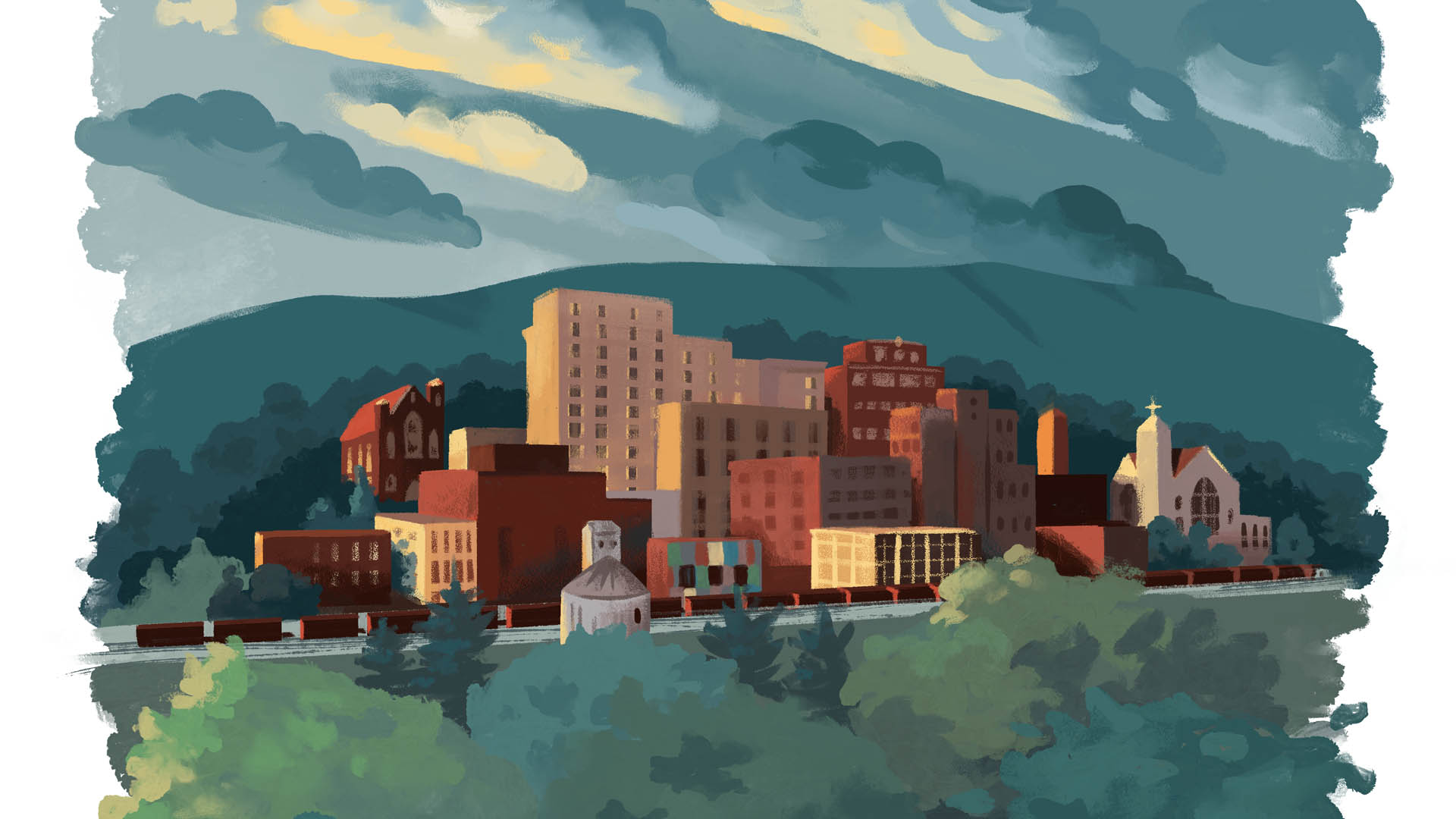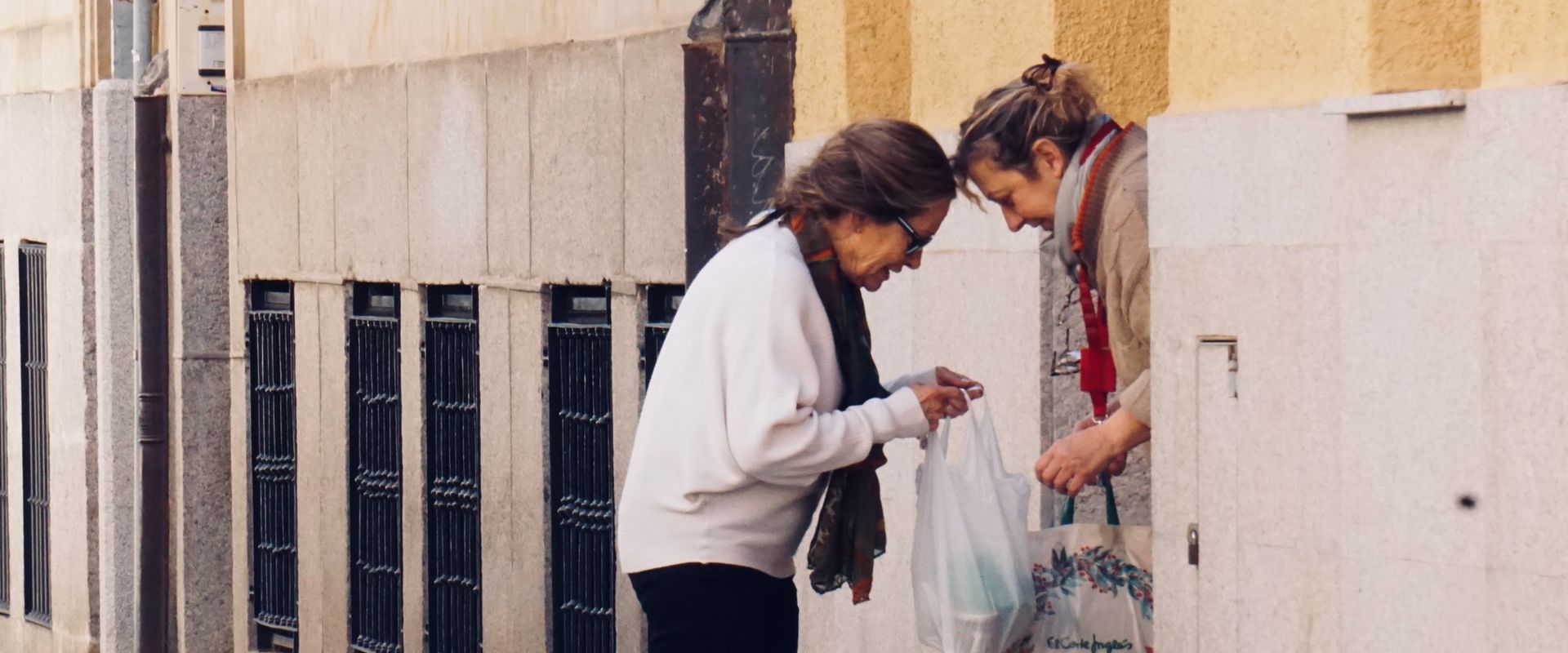I’ve never seen my father look so dejected, so worn down, so weary.
He lost his job. Again.
A union plumber in the midst of the Great Recession, initiated by the housing crisis, Dad was both losing his career and his home. It was a dark time for him, not only because of the financial strain but because work always gave him purpose and meaning.
Dad has been working with his hands all his life. At 14, he worked early hours at a local bakery to help his struggling family make ends meet. He later attended trade school and became a plumbing apprentice before working almost 50 years as a journeyman plumber. Now retired, Dad still works for a medical supply company as a handyman. I asked him earlier this year why he still wakes up at 4 a.m. and goes to work, even retired. He doesn’t really have an answer. But I think I know why.
He likes to work. He likes to feel needed. He wants to contribute something valuable.
Civil bonds of work and faith
Two things formed the structure of my father’s life and, in a way, my own life as a husband and father of four children: faith and work. My dad exercised two habits faithfully throughout his life. He took our family to our Baptist church every week, often three times a week, and he woke up every morning with his lunch in hand and went to work.
As a kid, you don’t really understand how formative these rituals are for a man until you become a man and look back at the way a dad’s example formed you. So often as we discuss the spiritual side of our work lives, we focus on the way our work — creating, envisioning, and providing — glorifies God in fulfilling the creation mandate. It does, to be sure. God instilled in us a desire to create, and so building out of the raw materials of creation is a form of worship, an act of obedience.
Shaped and being shaped
But there is another side of work we often don’t explore. It’s the way work forms us. In his excellent book, Alienated America, journalist Tim Carney explores the devastating effects of unemployment on middle-aged men, particularly in factory towns where, because of the loss of manufacturing jobs or other such bedrock industries. He talks of work and church as important civic bonds that hold communities together.
We don’t consciously think about it this way, but both our work and our faithfulness to attend church are part of what holds civil societies together. And Christians should be interested, not only in the flourishing of our families and our churches, but also in the health of our communities. This is the instruction Jeremiah gives to the exiles in Babylon, when he urges them to build and plant, to marry and create families, all in an effort to “seek the welfare of the city.”
This is how God created humans to live, not in atomistic individualism but in community. Carney writes that “Civil society is what makes us fully human. Only in his relations with others can man attain the good life. In pedestrian terms: Life is too hard to go it alone.” But it’s also a symbiotic relationship: individuals and families need community and the community thrives when individual families maintain their commitments to work and church life. Carney continues:
It’s also true that controlling our own lives and managing our own families often require community. Civil society provides a necessary support structure for family life in countless ways. Young couples need older couples to provide examples and advice. A tight-knit network acts as an insurance plan of sorts: If you get sick, or injured, or lose your job, you can count on your neighbors to help out. Even on a day-to-day basis it’s immensely useful to have neighbors to call on for a cup of sugar or an hour of babysitting. This insurance, even when you’re not making “claims” on it, generates peace of mind and flexibility.
A Christian’s response to community and religious life
Christians should actively seek to strengthen these “tight-knit” networks in the places where God has planted them. This means both the jobs and industries that employ people in meaningful work and it means the necessary instruments of neighbor life. The things that seem so mundane of community life–gathering with friends at the local pool, meeting with our small groups during the week, or any of the hundred other ways we live our lives as neighbors—these make up those webs that help form and build people.
Conversely, when these tight-knit webs are gone, we see dangerous pathos, especially in men. When factories and industries leave a town and the resulting economic losses mean the main street shutters and, most importantly, the churches close their doors, people lose the bonds that helped form them. This is why substance abuse, suicide and other destructive behaviors seem to take root where people are increasingly rootless.
It turns out the routines of work and church coexist to form people. We were created to work and created to worship. So when one or both of these are missing, it creates a sense of purposelessness, of loss. This is why my father, when he was unemployed after years and years of meaningful work, seemed distant and disconnected. And it’s why when people leave church, their lives seem to spiral and they work to find that kind of togetherness in other, less formative environments, such as travel ball leagues or online communities.
For Christians, worship on Sunday, in a sense, prepares us for life in God’s world, where our work helps our communities flourish. When Christians live and operate in a web of community, in the marketplace, in the institutions of civil society, such as schools and libraries and sports leagues, we can, by our commitment to excellence, our Christ-centered disposition, and a willingness to serve others, help show the world a glimpse of the fully flourishing, perfect community we see envisioned in the New Jerusalem described in Revelation and Isaiah.
We can also do this, perhaps, by thinking creatively about ways we can strengthen communities where both work life and church life have been decimated due to economic stagnation and dying congregations. We need this both in urban areas and in rural communities. By doing so, we not only provide economic and spiritual stability, but help instill the kind of formative community rhythms that shape character and build the architecture of a civil society.





